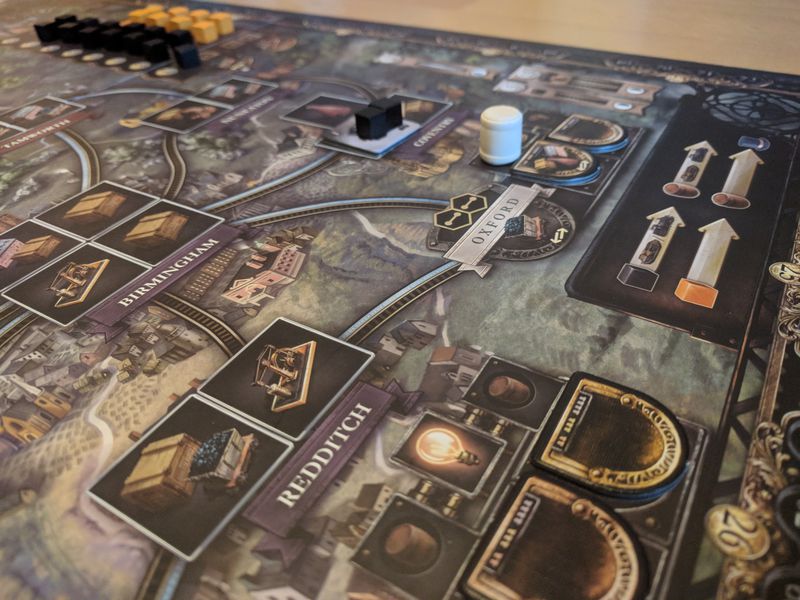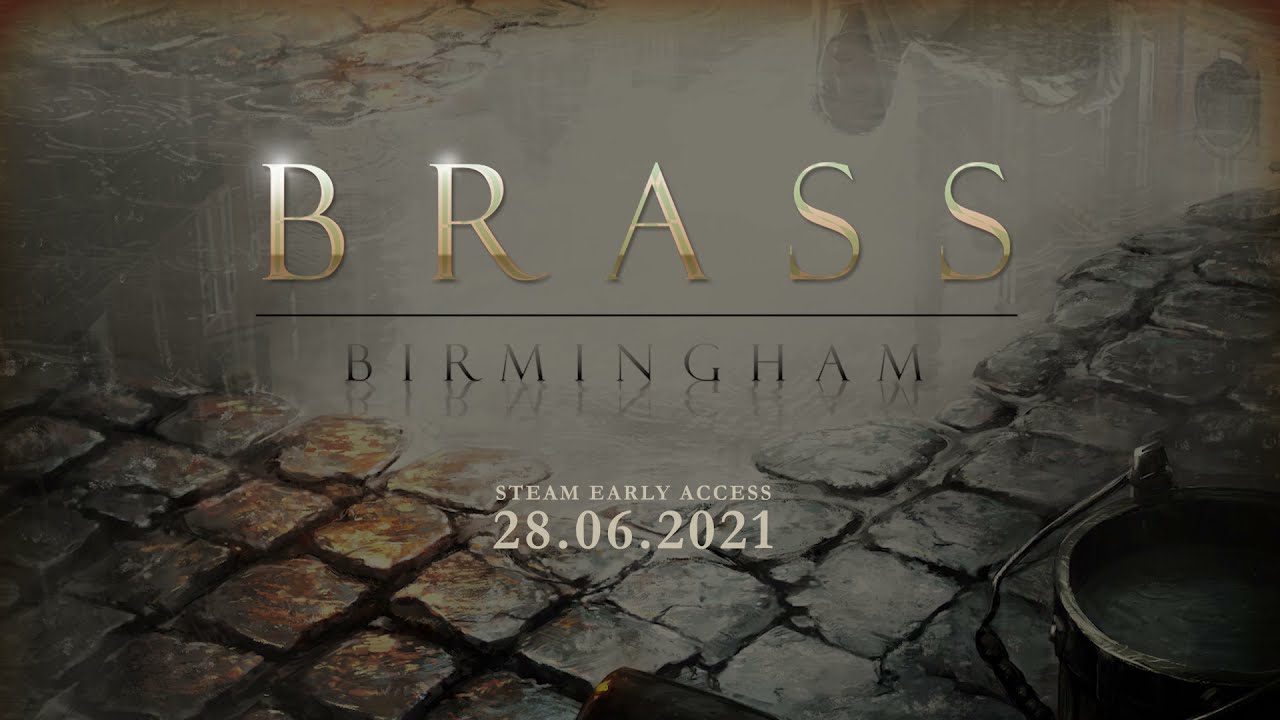

This makes Breweries a critical bottleneck in BIR when it comes to scoring consumer goods further exacerbating the demand of Beer is the new requirement that double-rail actions now cost an additional beer on top of its original cost of £15 and 2 coal. Nearly all “consumer industry” tiles (cotton, manufactured goods, pottery) cannot be sold unless one or two beers are consumed. We also have a new resource, Beer, that's making quite a grand entrance. The shakeup in BIR is that during setup, the cities draw demand tiles that determine what goods they're willing to buy importantly, some of these tiles can be blank which means that a city with all blank tiles will have no demand at all for the entire game. In BIR, the cities (which now buy your goods) have unlimited demand - as long as you can sell it, the cities will buy it. In LAN, demand was a limited thing once the foreign market was satisfied and no more ports were available, you simply couldn't sell your cotton. The second board change is the removal of the Ports and Foreign Market in BIR, which in turn signifies a big change in terms of how market demand works in the game. BIR features an extended coal market, with maximum cost per coal now going up to £8 instead of £5 (the iron market is unchanged). In LAN, network scoring can be a big sweetener to a player's final score, but in BIR, it's entirely possible for the networks to be on equal footing to flipped industries in terms of points. Though it's certainly not a giant difference, the extra point here and there adds up over the course of the game making canal/rail scoring much more potent in BIR. In LAN all flipped industries were worth a single point on the rails/canals, but in BIR certain tiles are worth 2 points or even no points. With these, I'll go through the differences first, then a bit on how they change the actions during the course of a game, and finally touch on how they affect the overall feel of the game towards the end of the article.Ī small change regarding the industry tiles in BIR is the network value of flipped tiles. In terms of mechanical differences, those are pretty much all the big things, so let's take a look at how these changes affect gameplay. BIR features a new resource, Beer, produced by a new industry, Breweries.BIR features a brand new Industry, Manufactured Goods, that function similarly to Cotton Mills.


Instead of spending two cards as a wild in LAN, we mix it up a bit in BIR with the introduction of wild cards along with a new action, Scout, to procure these wilds.īesides the change in the map due to a different locale, there's a shakeup in our available industries: With the exception of some very small side rules, these 5 actions are pretty much the exact same mechanically. Moving forward, I'll be assuming you, the reader, are familiar with at least the rules of Lancashire if you're new to both games, it might behoove you to take a brief look through the rulebook (of either game).Īt the center of both games is the same set of player actions:

# Brassįor the purposes of keeping this article more focused on the differences between Brass Lancashire ( LAN) and Brass Birmingham ( BIR), we'll be focusing less on the actual rules, and more on how certain rules changes affect gameplay. This is a common question I see asked on BGG forums and over in the r/boardgames subreddit, so we'll cover a bit of what makes these two games with the same DNA similar, and what makes them different.


 0 kommentar(er)
0 kommentar(er)
